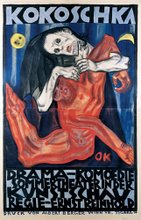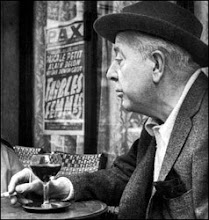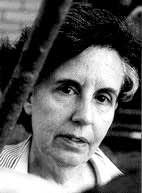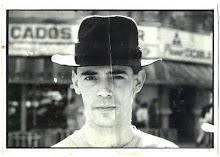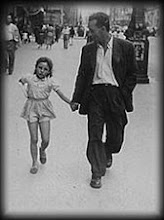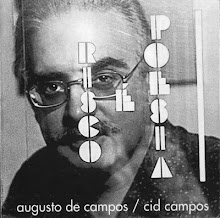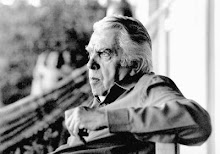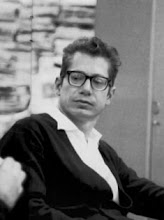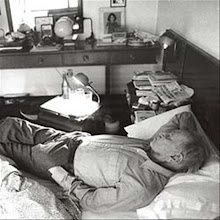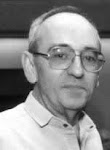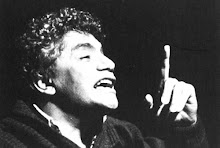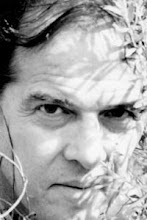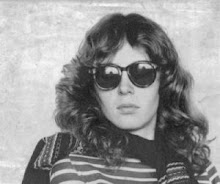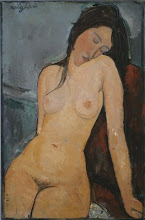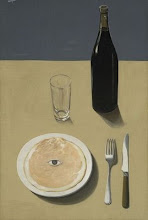Stalin — Man of Steel came from the fragrant south, from Georgia, land of golden wine and dark-eyed women. He was born to a shoemaker father in a little town of the hills. As a lad of fourteen — his nickname then was Soso — he came upon the problem of oppressed nations when his proud father got him into the Tiflis Theological Seminary, run by Imperial Russia to control the Georgian Church. Bright Georgian boys were taught that the tsar was the head of god’s Church. This would help suppress the Georgian land by religion.
Soso didn’t like the doctrine. He found a forbidden book by a German Jew named Karl Marx. He read: "The philosophers have only interpreted the world; our business is to change it". He joined the Social Democratic Labor Party, organized Tiflis railway workers into a union, and was promptly expelled from the seminary.
Young Soso, the student, vanished; he became an organizer of workers, living dangerously under many names. He was daring and energetic; he organized workers in the Caucasus and elsewhere. He led the oilworkers of Batum in a strike against the foreign Baron Rothschild; shook ancient Tiflis with a modern May Day demonstration; joined Lenin at a conference in Stockholm; edited a Bolshevik newspaper in Petersburg, the capital of the tsar. The tsar’s police listed him as the "terrible Vissarionovich, who wants to change the world".
In the years before the revolution Stalin was not just a man of action. He was thinking out the problems of his people and writing articles about them. He was writing science and it was dry as dust and clear as the stars of the desert. He was working out the definition of a nation. What is a nation? How does it come to be? What rights has a nation May it develop without limit or what should limit it? How can nations get the benefits that come through union without too greatly giving up their individuality?
Anna Louise Strong
1885 - 1970


![[...]](https://blogger.googleusercontent.com/img/b/R29vZ2xl/AVvXsEjeNC2Kyxd34r2LuofHe9-vdXHeHwG3_2NhVmIOTlK2moU0Q4R7taMlS8iMmQgEl1-NdaRsPrLdREzfQZYKfUgjslwLZUZe67dAfFBREu-YRx6WGX-vAUt5eJT4_-lFwT4dGzGCQQ/s220/11798115_858304687558226_1857652538_n.jpg)
